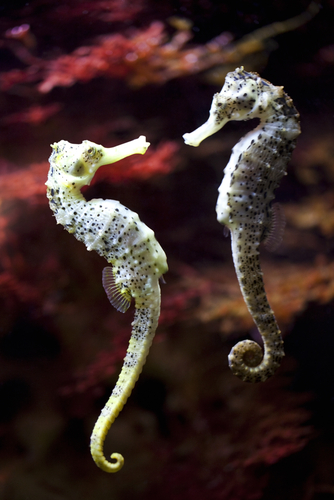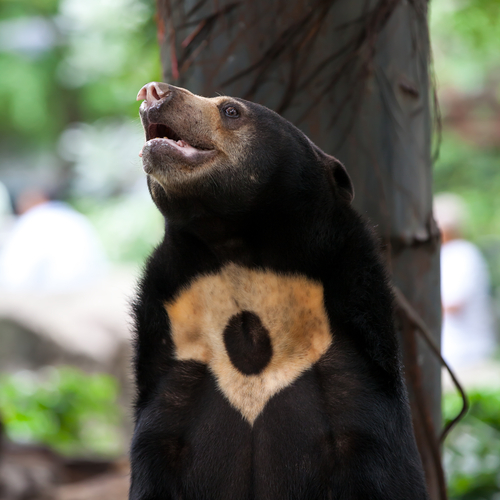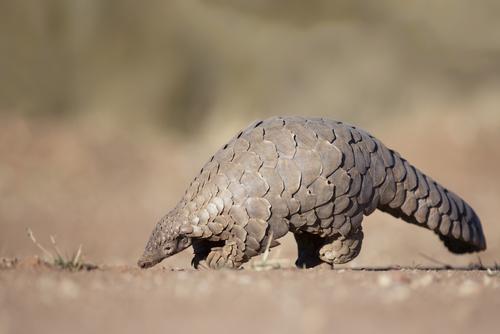ACSH followers are clear about the problems associated with fake science — from the promotion of supposed obesity "cures" by Dr. Oz to the nonsense of hydrogen-infused water, we've covered a myriad of pseudoscience. Some, such as supplements containing aristolochic acid, cause life-threatening effects, while others simply cause users to waste their money and avoid more effective treatments. One effect we've not really paid enough attention to, though, is the effect on fauna and flora all over the world. A recent article on Real Clear Science points to several species that are well on the way to extinction because of unfounded beliefs in their health effects.
For starters, take a look at this animal which most of us have never heard of — the pangolin. Pangolins are anteaters (though they'll extend their diets to termites too) that are denizens of Africa and Asia. They're covered by protective scales, which give them rather a prehistoric look. While the scales may protect them from most predators, they are also the cause of their downfall since ground up scales are believed to be beneficial for lactating mothers and cure cancer and asthma.
Yet other folk beliefs center around sea horses. According to folk beliefs, ground up dried seahorses can benefit those afflicted with impotence, wheezing and bed wetting. They're found in shallow tropical and temperate waters world wide. Although they don't really look it, sea horses are indeed fish, renowned for their upright mode of swimming as well as the fact that it's the male that incubates the eggs in a pouch on his abdomen. Over 150 million of these creatures are harvested each year — mostly for use in traditional Chinese medicine, but also for the pet trade and for curios.
And then there are the bears — not the usual black, grizzly or polar bears that we're used to thinking of, but the already endangered Asian black bears and sun bears. They're inhabitants of dense forests of Southeast Asia — habitats that are disappearing rapidly. They are agile climbers and feast on honeycombs, honey and insects. These animals are valued for their bile — supposedly a panacea in traditional Chinese medicine. But either the bears are killed to obtain their gall bladders, or they're kept in captivity so the bile can be harvested via cannula — not a humane practice.
 These are but three of the less-known animals whose existence is threatened by beliefs that have no place in any modern pharmacopeia. And of course there are the more familiar ones most of us have heard about:
These are but three of the less-known animals whose existence is threatened by beliefs that have no place in any modern pharmacopeia. And of course there are the more familiar ones most of us have heard about:
elephants poached for their tusks, rhinos for their horns, tigers for their bile and penises — and many more.
So the next time you hear that "the Chinese have used X for 5,000 years" as a testament to the utility of some nostrum, think about more than the lack of any data supporting such beliefs, and consider what at least some of the effects may be on wildlife.




